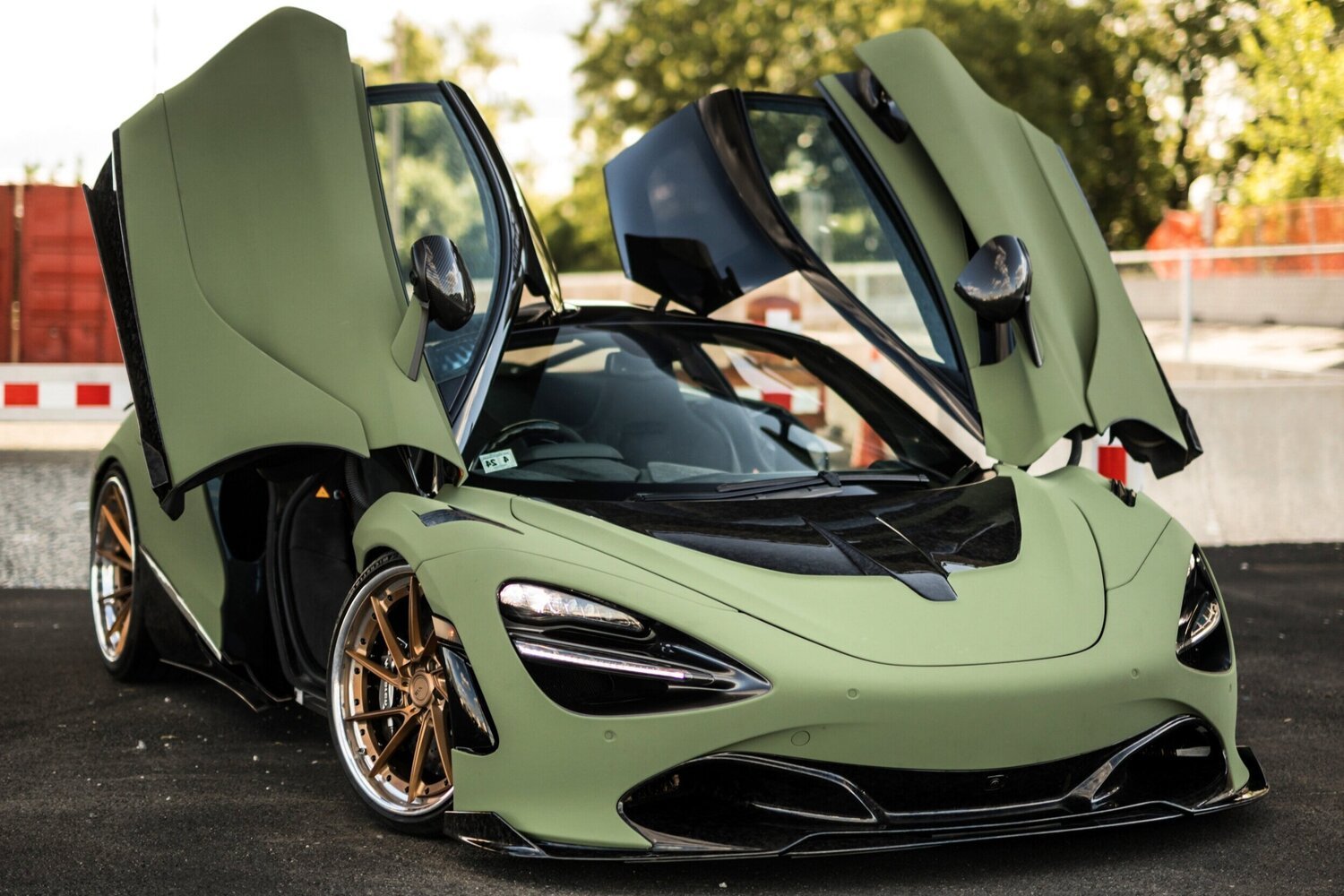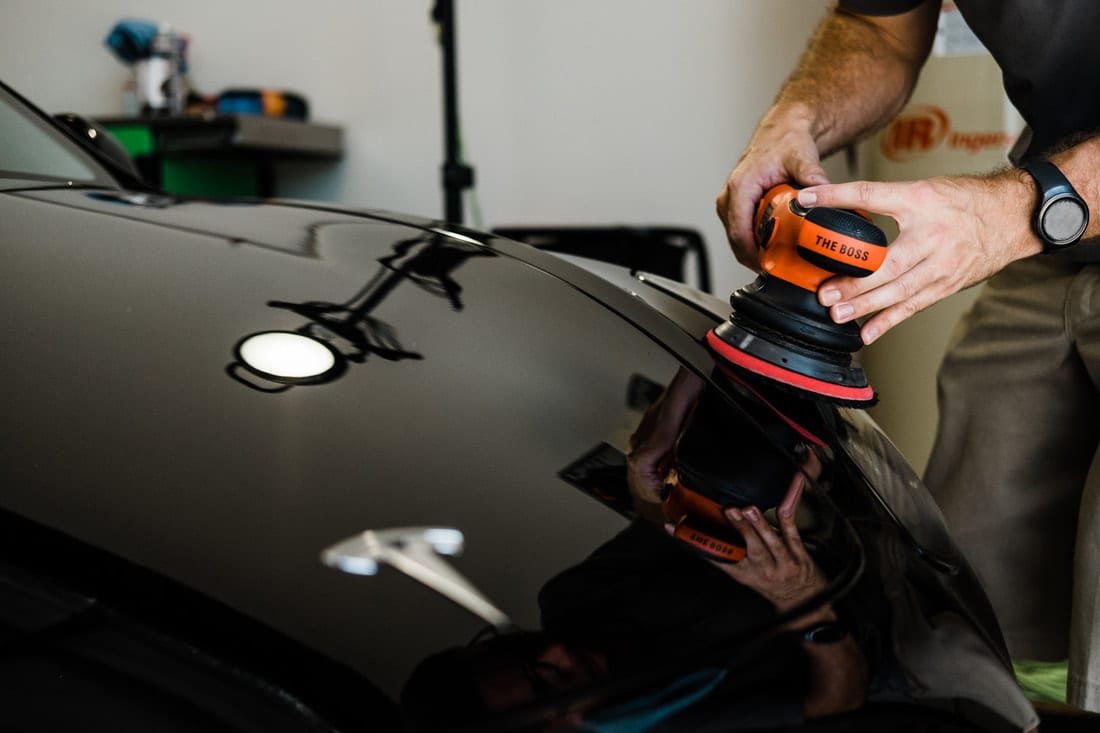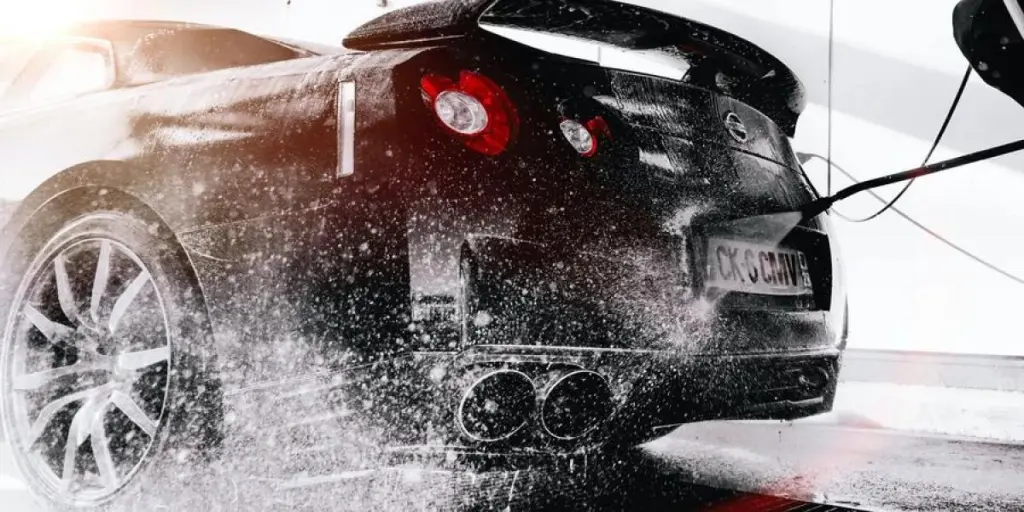Vinyl wrapping is an innovative way to enhance the appearance of your vehicle without the permanence of traditional paint. This technique involves applying a thin layer of vinyl film over the car’s surface, allowing for a fresh new look that can be easily changed or removed. The benefits of vinyl wrap extend beyond aesthetics; they also include protection for the original paint and increased resale value. With a wide array of colors and finishes available, vinyl wraps offer a versatile solution for car enthusiasts and businesses alike. Whether you want to express your personal style or promote a brand, vinyl wrapping is a cost-effective and creative option. In this article, we will explore what vinyl wrap is, its advantages, the application process, care tips, and how it compares to traditional paint.
What is Vinyl Wrap?
Vinyl wrap is a specialized material used to cover vehicles. It consists of a durable vinyl film that can be printed, colored, or textured, allowing for various design options. This material is designed to adhere to the surface of cars, providing a seamless appearance. There are several types of vinyl wraps, including cast vinyl, calendared vinyl, and specialty films. Cast vinyl is known for its flexibility and durability, making it ideal for complex curves and long-lasting applications. Calendared vinyl is more affordable and suitable for flat surfaces or short-term use. Specialty films, such as metallic or matte finishes, offer unique visual effects. The versatility of vinyl wraps makes them a popular choice among car owners looking to customize their vehicles.
Advantages of Vinyl Wrap for Vehicles
Vinyl wrap offers numerous advantages compared to traditional paint jobs. First, it is more cost-effective, providing a similar aesthetic without the high price tag associated with a full repaint. Additionally, vinyl wraps come in a vast selection of colors and finishes, allowing for personalization that is difficult to achieve with paint. Another significant benefit is that vinyl wraps protect the original paint from scratches, UV rays, and environmental damage, helping to maintain the vehicle’s resale value. Furthermore, vinyl wraps can be easily removed without damaging the underlying surface, making it a perfect option for those who like to change their vehicle’s look frequently. Overall, vinyl wrap is an excellent investment for those wanting to protect their car and express their individuality.
How Vinyl Wrap is Applied
Applying a vinyl wrap requires careful planning and precision. The process typically begins with a thorough cleaning of the vehicle’s surface to ensure proper adhesion. After cleaning, the vinyl is cut to fit the specific dimensions of the vehicle. Skilled professionals use tools like squeegees and heat guns to smooth out the vinyl and eliminate air bubbles. The application process can take several hours to complete, depending on the complexity of the design and the size of the vehicle. While some enthusiasts may attempt a DIY approach, hiring a professional installer is highly recommended for the best results. Professionals have the experience and tools necessary to achieve a flawless finish, ensuring that the wrap lasts for years without peeling or fading.
Caring for Your Vinyl Wrapped Vehicle
Proper care and maintenance are crucial to extending the life of your vinyl wrap auto. To keep the wrap looking fresh, it’s essential to wash the vehicle regularly using mild soap and water. Avoid using abrasive materials or harsh chemicals, as these can damage the vinyl. Waxing is not necessary for vinyl wraps; in fact, it can cause the wrap to lose its adhesion. Instead, consider using a vinyl protectant designed specifically for wrapped vehicles. Additionally, park your car in shaded areas or garages to protect it from prolonged exposure to sunlight, which can lead to fading over time. Common mistakes to avoid include high-pressure washing and leaving the wrap exposed to extreme temperatures. By following these simple care tips, you can ensure that your vinyl wrap remains vibrant and intact for years to come.
Vinyl Wrap vs. Traditional Paint
When comparing vinyl wrap to traditional paint, there are several key differences to consider. One significant factor is durability. While high-quality paint can last for many years, vinyl wraps offer a protective layer that shields the paint underneath from scratches and UV rays. This means that a vinyl-wrapped vehicle can maintain its appearance better than a painted one. In terms of aesthetics, vinyl wraps provide a wider variety of finishes, including matte, gloss, and metallic options. This diversity allows for unique customization that paint cannot always achieve. However, cost is another important consideration. Vinyl wrapping is generally more affordable than a full paint job, making it accessible for many car owners. Ultimately, the choice between vinyl wrap and paint depends on personal preferences, budget, and desired longevity.
Popular Uses of Vinyl Wrap
Vinyl wrap has become increasingly popular for various applications beyond simple vehicle aesthetics. Car enthusiasts often use vinyl wrap to personalize their vehicles, expressing their unique style through eye-catching designs. Additionally, businesses leverage vinyl wraps for branding and advertising purposes. Wrapping a vehicle with company logos and graphics turns it into a mobile advertisement, attracting potential customers wherever it goes. Specialty applications also include racing, where drivers use vinyl wraps to display sponsorships or team colors. Events and promotions often feature wrapped vehicles to create a striking visual impact. The versatility of vinyl wrap allows for endless possibilities, making it an ideal solution for both personal and commercial uses.
Choosing the Right Vinyl Wrap for Your Vehicle
When selecting a vinyl wrap, there are several factors to consider to ensure you make the best choice for your vehicle. Start by deciding on the color and finish that aligns with your style. Whether you prefer a bold color or a more understated matte finish, the options are plentiful. Next, consider the quality of the vinyl. High-quality brands like 3M and Avery Dennison are known for their durability and performance. It’s essential to choose a wrap that suits your needs, whether for a temporary change or a long-term investment. Additionally, think about the complexity of your vehicle’s design; intricate curves may require more flexible cast vinyl. Finally, it’s advisable to consult with professionals who can offer insights and recommendations based on their experience in the industry.
Conclusion
Vinyl wrap offers a fantastic way to transform your vehicle while protecting its original paint. With its cost-effectiveness, diverse design options, and ease of removal, it’s an attractive alternative to traditional paint. Whether you’re looking to personalize your car or promote your business, vinyl wrap provides a versatile solution to meet your needs. By understanding the benefits, application process, and care required for vinyl wraps, you can make an informed decision about this innovative vehicle enhancement. Explore the exciting possibilities that vinyl wrapping has to offer, and consider how it can elevate your vehicle’s appearance.











